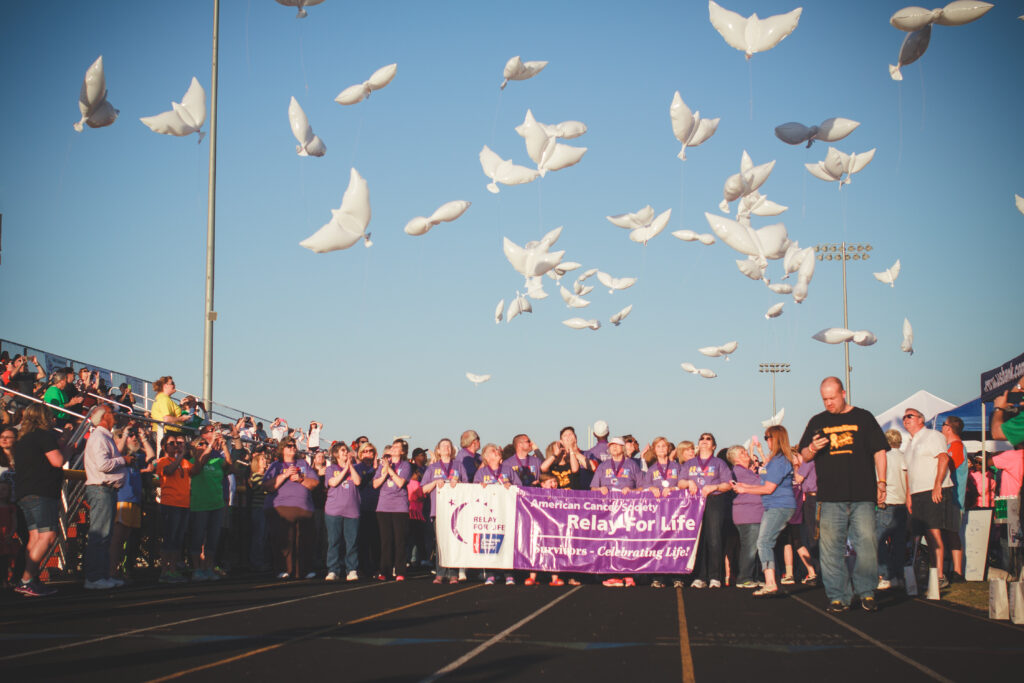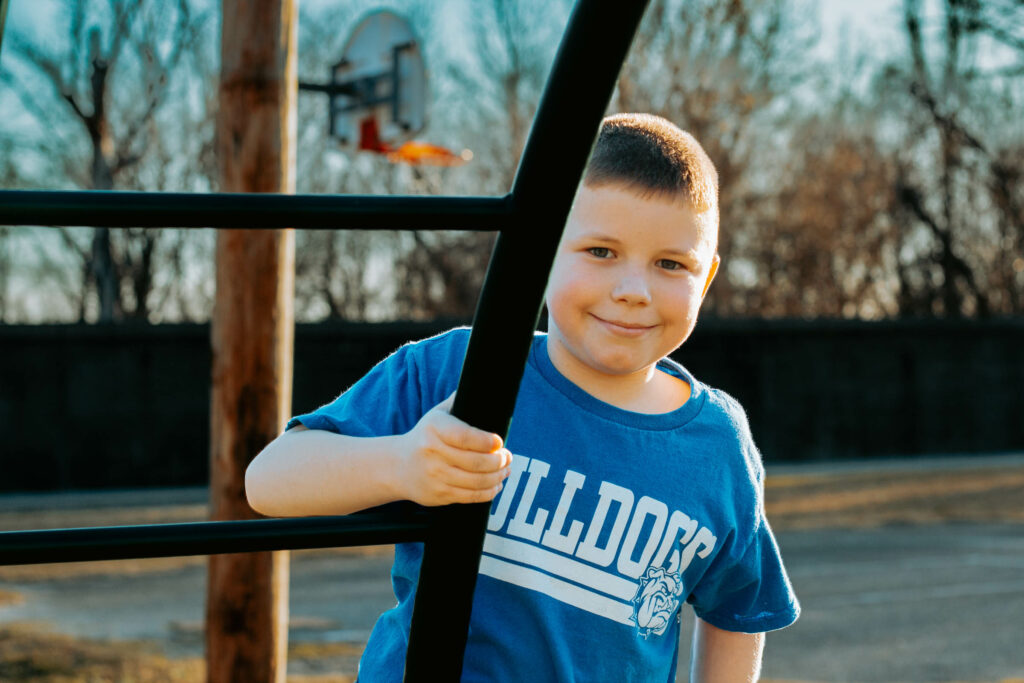In a fairly non-descript building on a fairly non-descript street in a fairly non-descript Western Kentucky town sits a round-the-clock team of people who know that the worst may be coming each time that the telephone rings.
“Crisis Line, how can I help you?” they answer.
They are the superheroes that respond when we are at our worst. When we feel like absolutely no one else understands what we are going through and when we have absolutely no one else to turn to, we turn to them. And they answer, every time.
In fact, they answer nearly 400 of these calls each month—almost 3,500 in a year with nearly half coming from someone who is considering taking their own life.
“Do you have a family?” they are trained to ask callers who threaten suicide.
“Do you have children?”
“Do you have a spouse?”
“We’re going through those steps to try to find a reason for them to live,” says Crisis Line Supervisor Sundee Briguglio, who has been at this for nearly two decades.
The Crisis Line and Information Center is part of Four Rivers Behavioral Health and operates in conjunction with the variety of resources that the system offers, which means that, in a way, the Crisis Line team serves as a sort of dispatch, triaging calls and trying to determine which avenue of support best fits the caller’s needs.
For those that are in the most danger or considered a threat to themselves or others exists the Crisis Stabilization Center, which is located on-site with the Crisis Line. The center has four bedrooms, a kitchen and a sitting area—it is a voluntary place where those in crisis can come to escape the stressors in their lives, stabilize their medications or rest, for up to 72 hours, at which point they are free to either seek further treatment or simply, go home.
Crisis Line staffers are not trained to offer advice to callers or give counseling. For that, callers are connected to an on-call clinical practitioner like Danelle Hamblin.
“During a call, I meet that person where they are mentally and emotionally – that’s where the work begins,” Danelle says.
“If they are actively suicidal, then I start asking questions like, ‘Are you alone?’ or ‘Is there a friend or family member you can call to come stay with you, or you go with them?’”
Danelle estimates that, during these clinician calls, she spends from 30 minutes to 3 hours before she is confident that the caller is out of immediate danger and perhaps even has a plan for seeking further treatment for their issue, either through the Crisis Stabilization Unit or as an emergency walk-in at one of FRBH’s facilities throughout the region.
That’s a rule that Crisis Line staffers take very seriously: never hang up the phone until there is a “safety contract,” or a plan for treatment, with the caller. They never leave someone in crisis hanging.
“It may not seem like a crisis to us, but when they call us, it’s most definitely a crisis to them,” Sundee said.
“When they call, it’s a crisis to them and we may be the only people who are willing to listen, we may be the only support system that they have.”
Teens in Crisis
Sundee estimates that the majority of calls from teenagers come through the National Suicide Hotline, which is funneled through the local Crisis Line as well.
“Most teens call the National Hotline because they believe it to be anonymous, and we try to protect that by telling them only that we are in Western Kentucky, not what town we are in,” she says.
When a teen is reaching out for help, most of the time their biggest fear is involvement of their parents, which Sundee says has to happen, but they often are able to talk the teen into voluntarily taking that step on their own.
“We try to get them to talk to their parents, but the first thing we do is listen and get filled in on what is going on with them,” she says.
“Are you thinking about committing suicide?”
“Are you engaging in self-harm behaviors?”
These are among the first two questions that Danelle asks when she’s confronted with a teenage caller to the Crisis Line.
“If they are having suicidal thoughts, then that’s where I meet them,” she says.
“Many times teenagers are hesitant to talk about their suicidal thoughts because they don’t know what’s going to happen to them if they do or they’ve watched too many movies and seen too many Hollywood psych wards.”
“Basically I talk to them and say, ‘It’s not out of the ordinary. There are a lot of people that have had thoughts at least once in their lifetime’.”
“Then I usually go a step beyond that and say, ‘Have you ever thought about how you would do it?’”
Part of her assessment also includes the questions:
“Do you have any plans for the future? What would you like to do after high school?”
Danelle calls this a good indicator if they truly want to commit suicide or if they are seeking help because they simply do not know of another way.
“With adolescents, they are afraid, it’s just that,” she says. “It’s difficult for parents to talk about too and the kids don’t want their parents freaking out.”
If a teenager is not in immediate danger of harming themselves, Danelle often talks to parents about their child seeking help through on-site clinicians at most area schools, which lessens the stigma of being pulled out of school to attend regular therapy sessions.
Calling to Help
There is a reason why the Crisis Line is titled, “Crisis Line and Information” and that’s because staffers and clinicians take calls for every aspect of “getting help.”
“We’re always here,” Danelle says.
“Regardless if it is someone who is personally in crisis or if it’s a friend or loved one or spouse, if you don’t know how to talk to somebody, pick up the phone and call the crisis line.”
“It’s my job to present callers with all of the information and resources that I have to get them the help that they need.”
“I wish more people did it. I think people don’t call enough. Our line is open always.”






